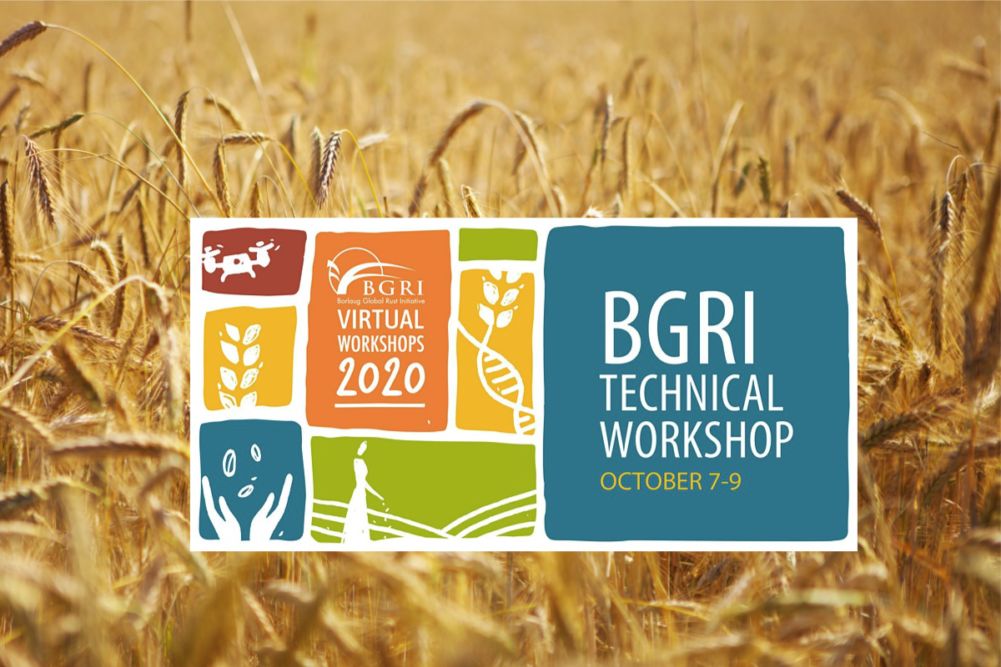ITHACA, NEW YORK, US — A global wheat conference originally scheduled to be held in June in Norwich, United Kingdom, now will take place virtually on Oct. 7-9.
The Borlaug Global Rust Initiative’s (BGRI) virtual technical workshop was postponed earlier this year due to the coronavirus (COVID-19) pandemic.
As part of the virtual workshop, researchers from Cornell University, the International Maize and Wheat Improvement Center, the International Center for Agricultural Research in the Dry Areas, and the John Innes Centre will be joined alongside presenters from Ethiopia, Kenya, India, Australia, Finland, Mexico, the United Kingdom and United States to discuss the most pressing challenges facing global wheat security.
“Right now we are witnessing the devastation that the global spread of disease can cause, and it underscores the continual threat that diseases pose to our most important food crops,” said Ronnie Coffman, vice chair of the BGRI and an international professor in Cornell’s Department of Global Development and School of Integrative Plant Science.
“Devastating wheat epidemics would be catastrophic to human health and well-being,” he said. “October’s workshop is an opportunity for wheat scientists to converge virtually for the practical training and knowledge-sharing we need to fight numerous challenges.”
Areas of discussion are expected to include:
- breeding technologies;
- disease surveillance;
- molecular host-pathogen interaction;
- disease resistance; and
- gene stewardship.
“The BGRI has been at the forefront of developing the next generation of ‘wheat warriors,’ especially in strengthening the technical and professional skills of women and men scientists from developing countries,” said Maricelis Acevedo, associate director for science for the Delivering Genetic Gain in Wheat (DGGW) project and researcher in Cornell’s Department of Global Development.
“We are taking a global approach to help reduce the threat of diseases that can overwhelm farmers’ wheat fields,” she said. “Issues related to improving world food security, especially in the face of climate change, can only be addressed by a diverse and united global community.”
Based in the Department of Global Development, the BGRI receives funding through the DGGW project supported by the Bill & Melinda Gates Foundation and UK aid, an initiative from the British government.
For more information about the workshop, visit the event website.






